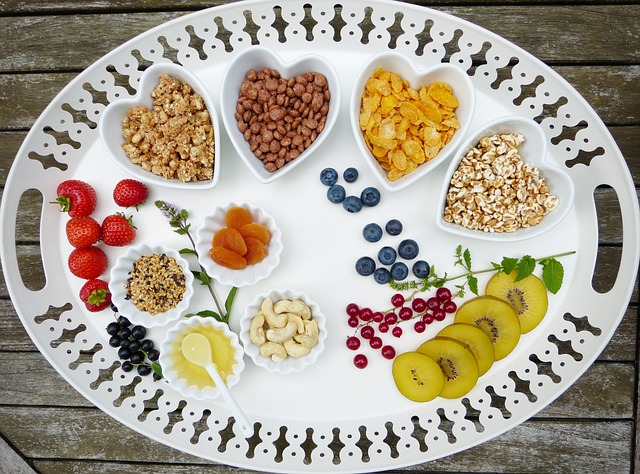Probiotics for Weight Loss: Fact or Fiction?
In recent years, there has been a lot of buzz around probiotics and their potential benefits for weight loss. Probiotics are live microorganisms that provide health benefits when consumed in adequate amounts. They are commonly found in fermented foods like yogurt, sauerkraut, and kimchi, as well as in dietary supplements.
The Role of Gut Health in Weight Management
Before we delve into the specifics of probiotics and weight loss, it’s essential to understand the connection between gut health and weight management. The gut microbiota, a collection of microorganisms residing in our digestive tract, plays a crucial role in various bodily functions, including metabolism, immune system regulation, and nutrient absorption.
A healthy, diverse gut microbiome can contribute to weight management by enhancing the body’s ability to extract nutrients from food, reducing inflammation, and exerting an influence on appetite and satiety.
Scientific Evidence Supporting Probiotics for Weight Loss
While the idea of consuming bacteria to shed pounds might initially sound strange, numerous scientific studies have begun to explore the potential impact of probiotics on body weight.
One study published in the British Journal of Nutrition analyzed the effect of probiotic supplementation on body weight and fat mass in overweight individuals. The researchers concluded that certain strains of probiotics, such as Lactobacillus rhamnosus, may help reduce body weight and fat mass.
Additionally, a review of 15 randomized controlled trials found that consuming probiotics significantly reduced body weight and body mass index (BMI). The review also discovered a clear association between specific strains, such as Lactobacillus gasseri, and weight loss.
Mechanisms Behind Probiotics’ Potential Weight-Loss Benefits
Several mechanisms have been proposed to explain how probiotics may influence weight loss:
- Regulating Appetite: Probiotics might affect appetite-regulating hormones, such as ghrelin and leptin, leading to reduced food intake and increased feelings of fullness.
- Inhibiting Fat Absorption: Some probiotic strains can interfere with fat absorption in the intestine, potentially resulting in decreased calorie intake.
- Modifying Gut Microbiota: Probiotics may promote a healthy balance of gut bacteria, which can positively affect metabolism and fat storage.
- Reducing Inflammation: Chronic inflammation is associated with obesity, and certain probiotics have anti-inflammatory properties that may influence weight regulation.
The Importance of Choosing the Right Probiotic
While the evidence is promising, it’s essential to note that not all probiotics are created equal. Different strains and species of probiotics can have varying effects on the body. Therefore, it is crucial to choose the right probiotic strain for the desired health benefit.
When selecting a probiotic for weight loss, it is advisable to opt for strains that have demonstrated significant effects in scientific studies, such as Lactobacillus gasseri, Lactobacillus rhamnosus, and Bifidobacterium lactis. It’s also important to ensure that the probiotic supplement contains an adequate number of live microorganisms to have an impact.
The Limitations and Caveats
While probiotics show promise for weight loss, it’s necessary to understand that they are not a magic solution or a substitute for a healthy lifestyle. Probiotics should be considered as a complementary approach, working alongside a balanced diet and regular physical activity.
Furthermore, individual responses to probiotics can vary greatly. What works for one person may not work the same way for another. It is essential to consult with a healthcare professional before starting any new supplements or making significant changes to your diet.
The Bottom Line
While more research is needed to fully understand the mechanisms and potential of probiotics for weight loss, current evidence suggests that certain strains may have a positive impact on body weight and fat mass. Probiotics can contribute to overall gut health, which plays a vital role in weight management.
Remember that weight loss is a complex process influenced by various factors, and no single approach will work for everyone. However, incorporating probiotic-rich foods or supplements into your diet may be a beneficial addition to your weight loss journey.
As with any health-related decision, it’s best to consult with a healthcare professional







